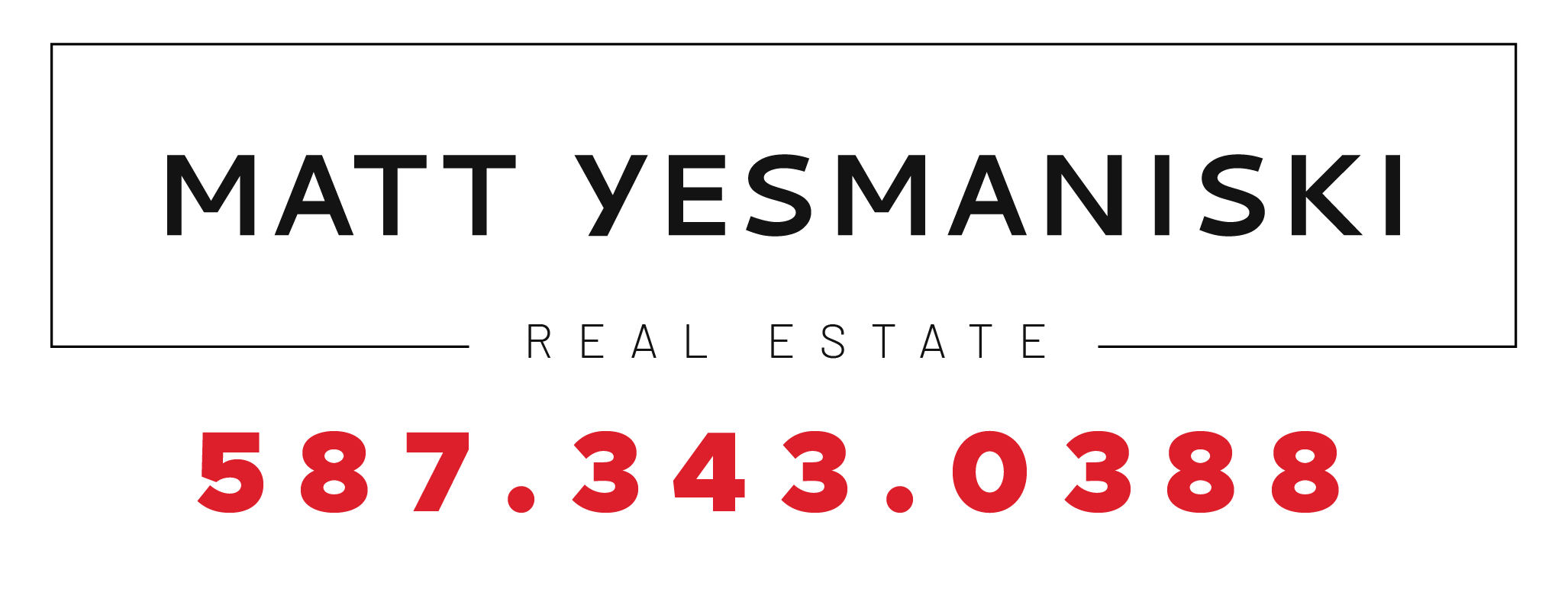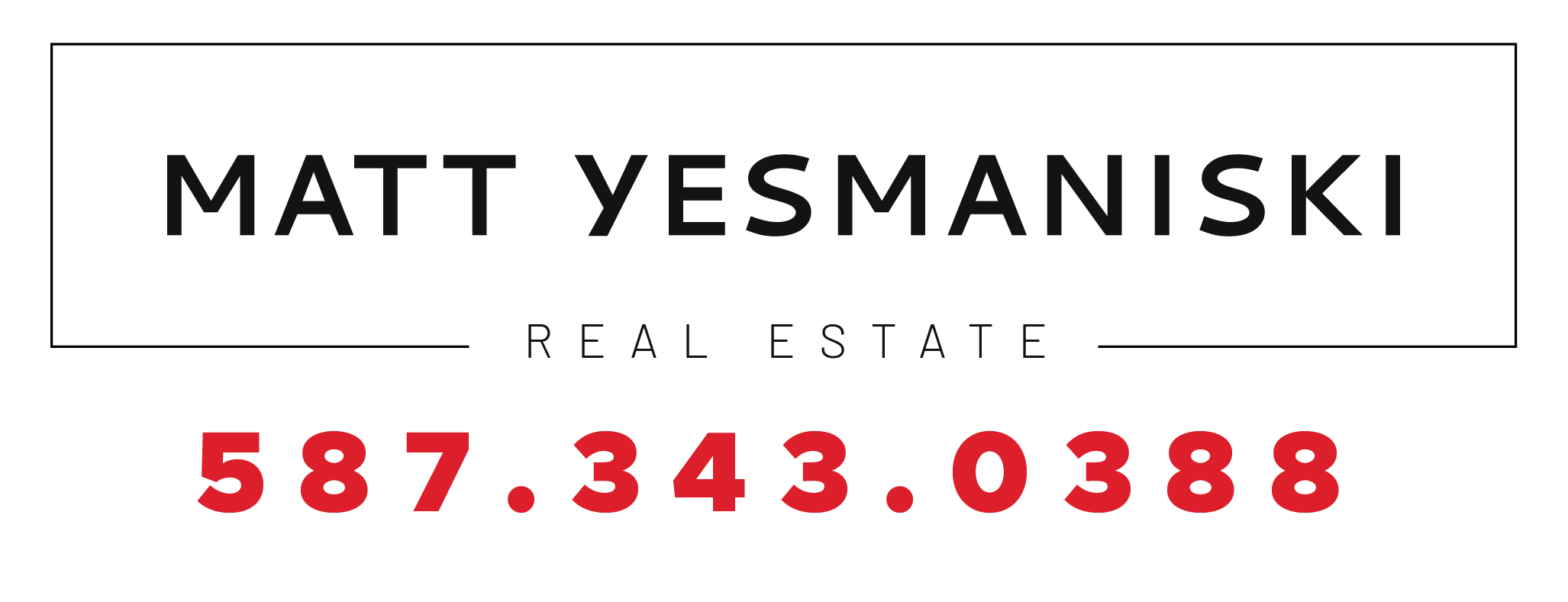Grande Prairie's Guide: Pricing Your Home to Sell
Matt Yesmaniski
When it comes to selling your home in the Grande Prairie Area, setting the right price from the onset is not merely about assigning a number—it's about intelligently positioning it within the market to both attract the ideal buyers and ensure the best possible financial return. This article will explore three proven pricing strategies, specifically tailored to Grande Prairie's unique real estate landscape, to significantly elevate your home selling success.
1. Comparative Market Analysis (CMA) in Grande Prairie
A Comparative Market Analysis (CMA) is a detailed assessment of homes recently sold in Grande Prairie that share similarities with yours in size, location, and condition, among other factors. This strategy's goal is to pinpoint a competitive and realistic price range for your property by closely examining current market trends and comparable sales data.
Pros:
- Accuracy: CMAs offer a data-centric approach to pricing, utilizing recent sales information to accurately assess your home’s market value.
- Competitive Edge: Strategically pricing your home in alignment with similarly recently sold properties in Grande Prairie enhances its appeal to serious buyers, possibly igniting a bidding competition.
- Confidence: Employing a professionally conducted CMA can provide both sellers and buyers with confidence thanks to its transparent and credible valuation method.
Cons:
- Limited Scope: While insightful, CMAs might not fully capture unique assets or market shifts that could influence your property's value.
- Subjectivity: The interpretation of comparable sales data might differ among agents, potentially leading to varied pricing advice.
- Market Changes: In the dynamic Grande Prairie market, CMA results must be regularly updated to stay relevant.
2. Pricing Below Market Value for a Quick Sale in Grande Prairie
This tactic involves setting your home's price slightly below its estimated market value to captivate a broader audience of buyers and elicit speedy offers. It aims to foster a sense of urgency and perceived bargain, possibly inciting a multitude of offers that elevate the final sale price.
Pros:
- Increased Interest: A below-market price can attract buyers seeking a great deal, leading to more inquiries and visits.
- Faster Sale: By presenting your home as an exceptional value, you’re more likely to receive swift offers, reducing the time it's on the market.
- Potential for Multiple Offers: Such pricing can encourage buyer competition, potentially resulting in a higher sale price.
Cons:
- Risk of Undervaluing: If priced too low, you may miss out on maximizing your return if offers come in quickly without competitive bidding.
- Perception of Issues: Some may perceive a lower price as indicating hidden problems with the home or doubt its true worth.
- Perception of Desperation: A low price might signal to some buyers that you are eager to sell, possibly weakening your negotiating position.
3. Pricing Higher to Leave Room for Negotiation in Grande Prairie
This approach entails setting your home's listing price above its estimated market value to allow for negotiation with potential buyers. It's a tactic to convey quality and flexibility, providing leeway in discussions without undercutting your minimum acceptable price.
Pros:
- Perceived Value: A loftier list price may suggest luxury or exclusivity, drawing in buyers ready to pay for distinct features.
- Negotiation Flexibility: An above-market price offers negotiation space, potentially resulting in a higher final sale figure while accommodating buyer requests.
- Mitigated Risk: A higher starting price can act as a safeguard against market dips or unforeseen costs, minimizing the risk of underpricing your home.
Cons:
- Limited Buyer Pool: An inflated asking price may deter potential buyers who see it as unrealistic.
- Extended Time on Market: Homes priced too high can linger unsold, gradually losing buyer interest.
- Appraisal Challenges: A sale price significantly above appraised value could complicate buyer financing, risking the deal.
Finding the optimal pricing strategy for your home in Grande Prairie demands a thoughtful analysis of market conditions, property features, and your own selling objectives. Whether choosing a data-led Comparative Market Analysis, seeking a quick sale with a price below market value, or employing negotiation tactics with a higher initial list price, each method comes with distinct advantages and challenges. By collaborating with a seasoned real estate professional familiar with Grande Prairie’s market nuances, you can confidently navigate these options and secure a successful home sale.
Considering a home sale in Grande Prairie? Reach out to our expert team for personalized advice on which pricing strategy aligns best with your property and goals.
Thinking about selling your home?
Get in touch. We'll guide you through every step of the process to ensure a smooth transaction that meets your goals.



